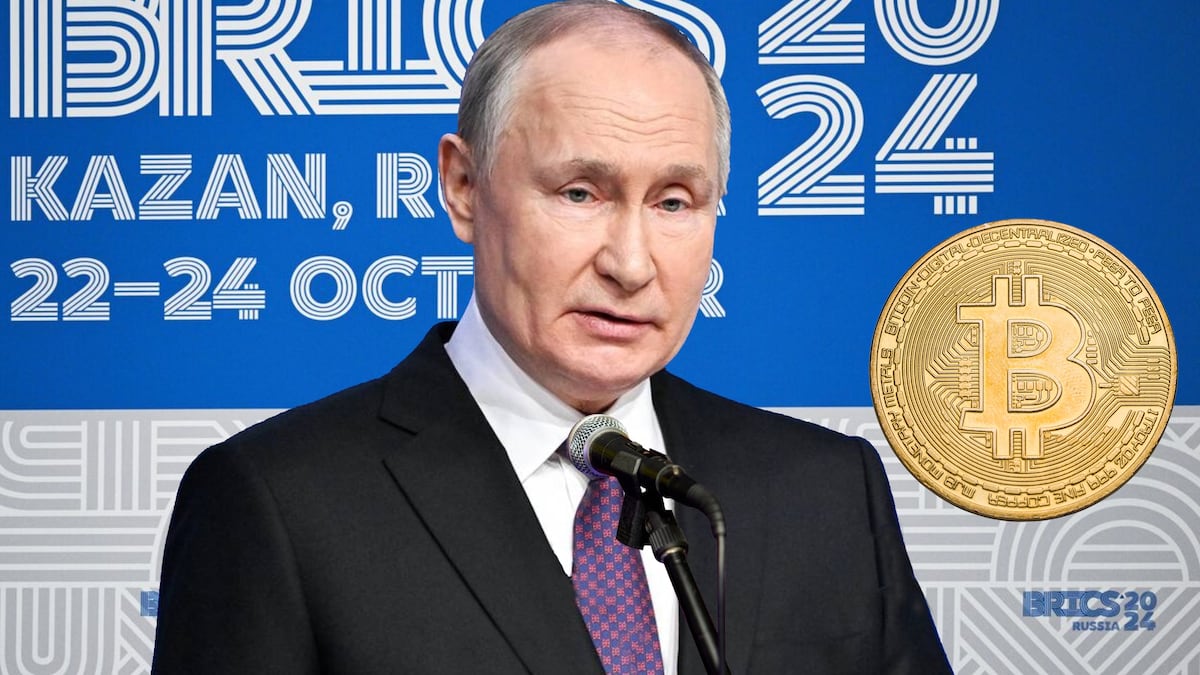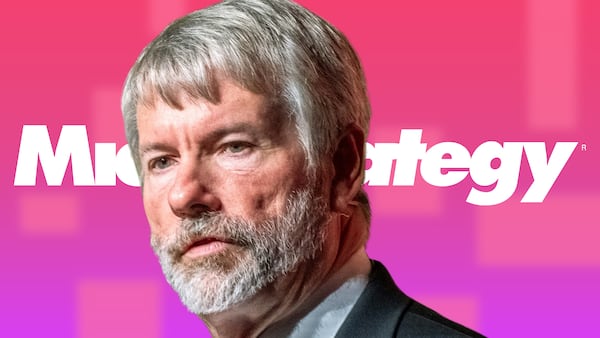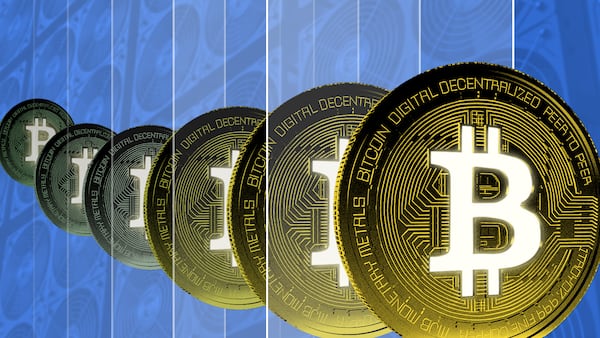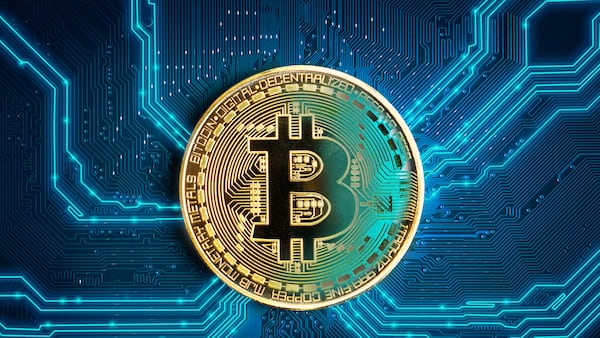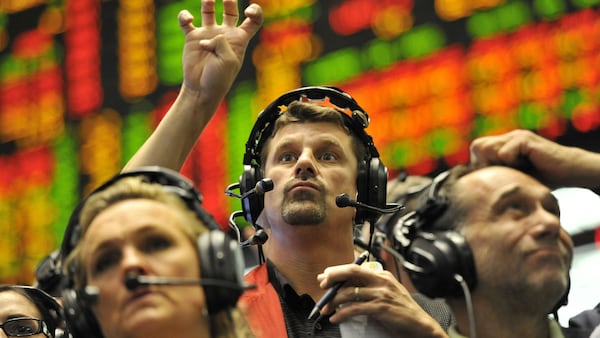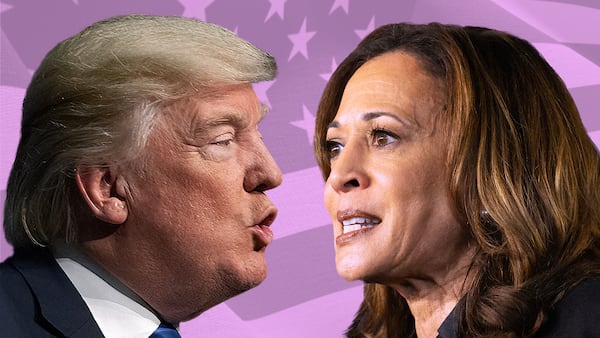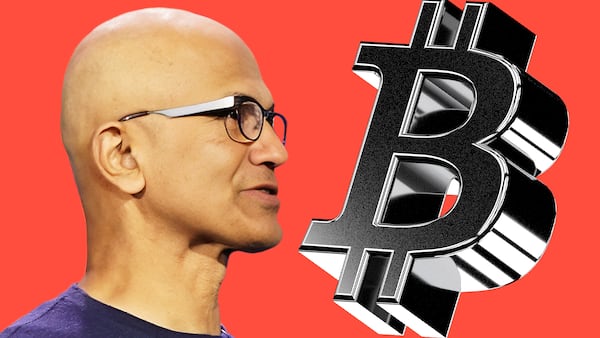- BRICS de-dollarisation manoeuvre will benefit Bitcoin, says macro analyst Noelle Acheson.
- Uncertainty is fuelling the flight to hedge assets.
- Rising debt is pushing investors to Bitcoin and commodities.
Bitcoin could get another massive macro boost triggered by the BRICS club’s attempt to dampen the dollar’s primacy in international trade.
BRICS is a geopolitical alliance of Brazil, Russia, India, China, and South Africa. Iran, Egypt, Ethiopia, and the United Arab Emirates were added to its ranks earlier this year.
Together, the group accounts for over one-third of global GDP. Now, it wants to explore an alternative international payment system.
Country delegates met this week and agreed to pursue a payment system that used their national currencies as a replacement for dollar-based Swift.
While Bitcoin is unlikely to be the currency that BRICS adopts, the cryptocurrency will still benefit, Noelle Acheson said in her “Crypto is Macro Now” newsletter.
“Bitcoin’s narrative as a hedge against dollar debasement will strengthen, as weakening global demand for dollar-based trade, at a time of increasing supply, should pull the dollar down in relative terms,” Acheson wrote.
While BRICS nations including China and India have their own tussles, they also hold shared grievances with the US.
Their opposition to the West on geopolitical and economic issues could fuel the club’s development of a dollar rival.
Still, the dollar isn’t expected to lose its global reserve currency status anytime soon.
US stocks account for almost two-thirds of the world’s stock market value and all but two of the 10 largest companies by market value are based there.
Even Russian President Vladimir Putin admitted last week that it wasn’t time for a common BRICS currency.
Still, even the perceived notion of such significant shifts in economic and geopolitical realities could positively impact Bitcoin.
Or as Acheson puts it, the situation boosts demand for hedge assets.
Bitcoin proponents often propose the digital asset can serve as a buffer against uncertainty even with its volatile price movements.
They made similar arguments for Bitcoin as a hedge against inflation due to its scarcity and perceived independence from mainstream markets.
Recently, some proponents have backed the claim by saying the rising debt burden occasioned by monetary policy steps to curb inflation in the US has upped Bitcoin’s profile as a suitable hedge asset.
This week, billionaire investor Paul Tudor Jones raised concerns over the US national debt which is almost at par with its gross domestic product.
Jones said assets like gold and Bitcoin are a better investment strategy than bonds in the current economic climate.
Osato Avan-Nomayo is our Nigeria-based DeFi correspondent. He covers DeFi and tech. To share tips or information about stories, please contact him at osato@dlnews.com.


